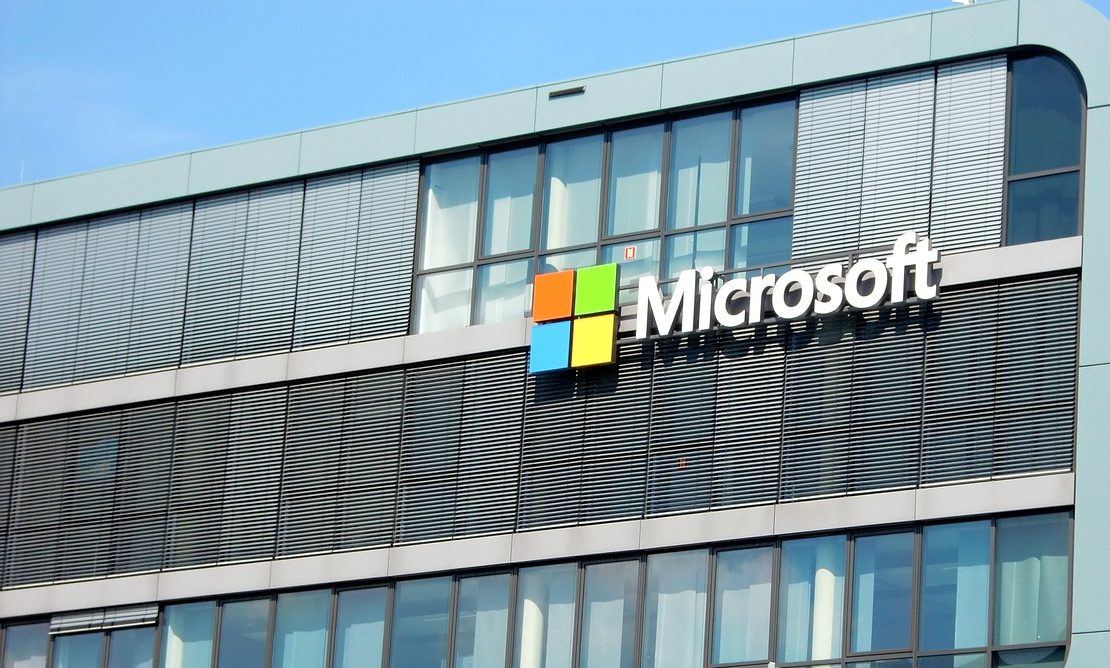From College Dropout to Tech Icon
Bill Gates is one of the most influential figures in the tech industry. Born in 1955, he showed an early passion for programming. While studying at Harvard University, he and his childhood friend, Paul Allen, recognized the potential of personal computers. In 1975, they co-founded Microsoft, a company that would revolutionize the software industry.
Microsoft’s major breakthrough came in 1980 when IBM was preparing to launch its personal computer and approached Microsoft for an operating system. Seizing the opportunity, Gates acquired QDOS (Quick and Dirty Operating System) at a low price, rebranded it as MS-DOS, and licensed it to IBM. This strategic decision laid the foundation for Microsoft’s dominance in the PC industry.
1. The Rise of Microsoft: Windows, Office, and the Digital Revolution
In 1985, Microsoft introduced Windows 1.0, bringing a graphical user interface that made personal computers more user-friendly. Over time, Windows evolved, with Windows 95 and Windows XP becoming revolutionary operating systems that significantly boosted the PC market.
At the same time, Microsoft launched the Office suite, which included Word, Excel, and PowerPoint. These tools quickly became essential for businesses and individuals, further solidifying Microsoft’s market leadership. By the late 1990s, Microsoft had become the world’s most valuable tech company.
Key Milestones of Microsoft
| Year | Event |
|---|---|
| 1975 | Microsoft founded |
| 1980 | IBM partnership (MS-DOS) |
| 1985 | Windows 1.0 released |
| 1990 | Microsoft Office launched |
| 1995 | Windows 95 became a global success |
| 2000 | Gates stepped down as Microsoft CEO |
However, Microsoft’s success was not without challenges. In 1998, the U.S. government filed an antitrust lawsuit against Microsoft, accusing it of using its market power to suppress competitors. Although Microsoft ultimately reached a settlement, this event led to changes in its business strategies.
2. From Microsoft Leader to Global Philanthropist
In 2000, Gates stepped down as Microsoft CEO, handing over the reins to Steve Ballmer. At the same time, he and his then-wife, Melinda Gates, established the Bill & Melinda Gates Foundation, which became one of the world’s most influential philanthropic organizations.
3. Key Focus Areas of the Gates Foundation & Success Stories
3.1. Global Health & Vaccine Programs
- Success Stories:
- Invested $4 billion in malaria vaccine research, reducing malaria deaths by over 40% in multiple African countries.
- Partnered with GAVI (Global Vaccine Alliance) to provide free vaccines to developing nations, immunizing 160 million children in 2019 alone, significantly reducing polio transmission.
- In 2021, allocated $1.5 billion to accelerate COVID-19 vaccine distribution in developing countries.
3.2. Education Reform & Equal Access to Learning
- Success Stories:
- Donated over $1 billion to improve education quality in U.S. public schools for underprivileged students.
- Launched the College Graduation Initiative in 2011, helping 250,000 low-income students complete their degrees.
- Funded Khan Academy and Coursera, providing free high-quality education resources to millions worldwide.
3.3. Poverty Alleviation & Agricultural Development
- Success Stories:
- Invested $300 million in Africa to develop drought-resistant crops, increasing food security amid climate change.
- Donated $250 million to rural economic development & women’s entrepreneurship projects in India.
- Supported mobile banking in Africa and South Asia, improving financial access for low-income populations.
3.4. Public Health Infrastructure
- Success Stories:
- Partnered with WHO to invest $500 million in healthcare facilities and supply chains across Sub-Saharan Africa.
- Improved sanitation for 200 million people in India by funding a clean toilet initiative.
- Provided clean water solutions in Bangladesh and Nigeria, reducing waterborne diseases.
3.5. Women’s Empowerment & Reproductive Health
- Success Stories:
- Provided 120 million women with reproductive healthcare services.
- Invested $800 million in women’s entrepreneurship programs in Africa and South Asia.
- Partnered with UNICEF to lower maternal mortality rates.
3.6. Climate Change & Clean Energy
- Success Stories:
- Co-founded Breakthrough Energy Coalition in 2015, investing $2 billion in clean energy solutions.
- Funded sustainable energy startups like carbon-neutral cement and next-gen battery tech.
- Supported large-scale solar & wind projects in Africa and India.
3.7. AI, Future Technologies & Space Exploration
- Success Stories:
- Partnered with Microsoft & Google DeepMind to develop AI-powered early cancer detection systems.
- Funded AI-driven personalized learning platforms for underprivileged students.
- Invested in satellite technology for climate monitoring and disaster prediction.
3.8. Digital Finance & Economic Inclusion
- Success Stories:
- Supported M-Pesa, enabling millions in Africa to access mobile banking.
- Launched Project Moses in 2021, promoting blockchain-based financial identity systems.
3.9. Future Food & Agricultural Innovation
- Success Stories:
- Invested in lab-grown meat startups like Impossible Foods & Beyond Meat.
- Supported CRISPR-based crop engineering to enhance food security.
3.10. Global Pandemic Preparedness
- Success Stories:
- Allocated $1.7 billion for COVID-19 vaccine R&D and distribution.
- Invested in mRNA technology, accelerating vaccines from Pfizer & Moderna.
4. Gates’ Vision for the Future: AI, Climate, and Public Health
Although Gates is no longer involved in Microsoft’s daily operations, he remains deeply engaged in global challenges, focusing on:
- Artificial Intelligence (AI): Gates believes AI will revolutionize healthcare and education but warns of its ethical risks.
- Climate Change: Advocates for zero-carbon energy solutions like nuclear fusion & green hydrogen.
- Pandemic Prevention: Gates predicted a global pandemic in a 2015 TED Talk, urging governments to invest in health security.
5. Gates’ Legacy & Global Impact
Bill Gates’ impact can be seen in two key areas: his groundbreaking contributions to the tech industry and his philanthropic efforts shaping global policies. Microsoft remains a leader in the tech world, while the Gates Foundation continues to drive change on a global scale.
External References
Below are authoritative sources cited in the article for further reading:
1. Bill Gates’ Personal and Microsoft-Related Links
- Bill Gates’ Official Website: https://www.gatesnotes.com
- Microsoft’s Official History: https://news.microsoft.com/about/
- History and Evolution of Windows: https://en.wikipedia.org/wiki/History_of_Microsoft_Windows
2. Gates Foundation & Philanthropy
- Bill & Melinda Gates Foundation: https://www.gatesfoundation.org
- Global Health Initiatives by the Gates Foundation: https://www.gatesfoundation.org/our-work/programs/global-health
- Gates Foundation’s Investments in Education: https://www.gatesfoundation.org/our-work/programs/us-program/education
What’s Your Take?
From tech entrepreneur to global philanthropist, Bill Gates’ journey is inspiring. Do you think private foundations should have such a significant role in global affairs? Share your thoughts in the comments!







